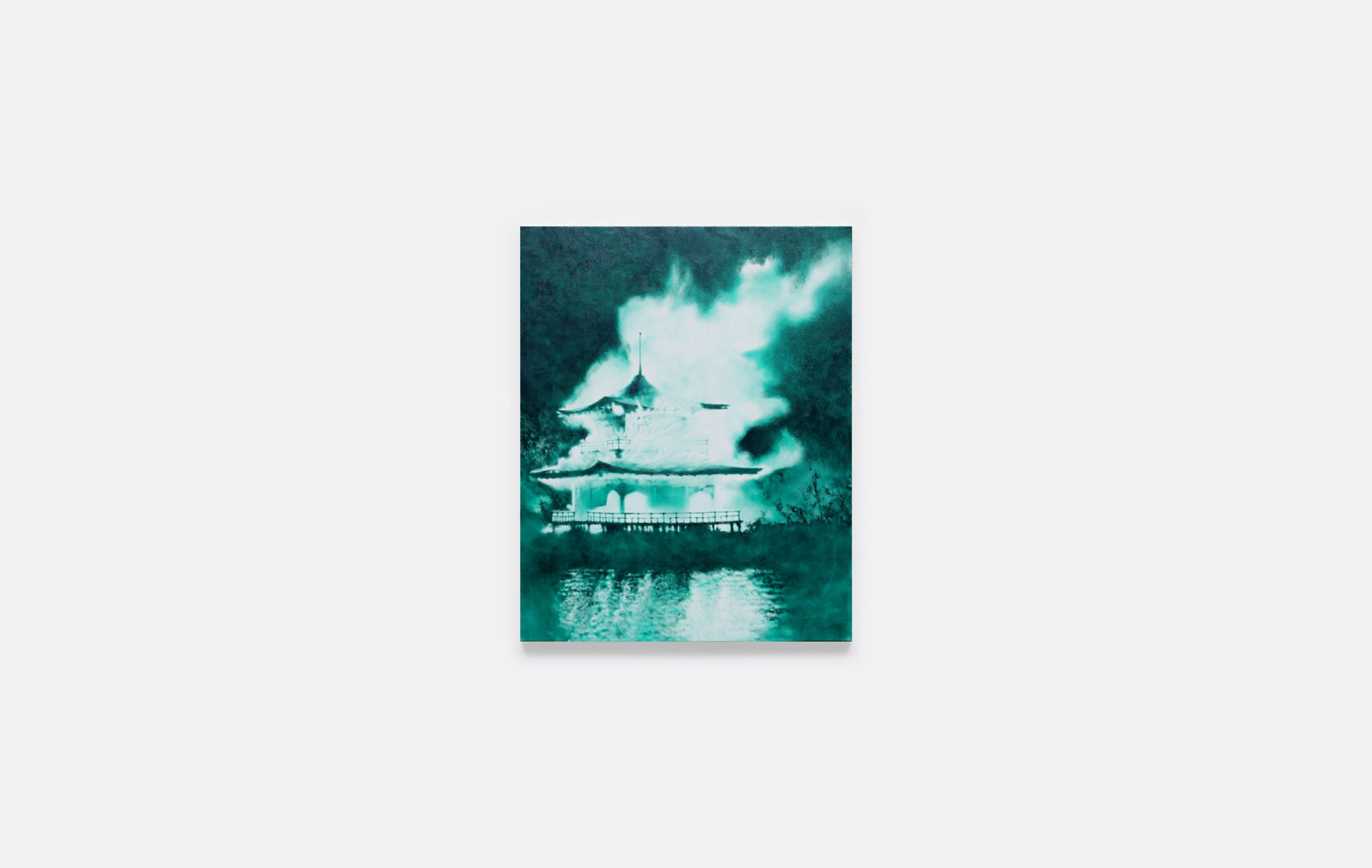
For Marenne Welten, painting is a game. Looking at her work is, in fact, a game too. A game that doesn’t allow you to stand still, but forces you to move in order to see what you see. It’s like standing with your feet in the surf: with every rushing wave, you feel yourself becoming part of something larger, and when the water recedes, it’s as if you’re being sucked in. You see a different landscape, different details, different light, different colors, and voila… your feet are sinking deeper into the soft sand because a new wave is coming.
Our perception of reality is a dynamic and physical process. “Seeing is moving,” said the French philosopher Merleau-Ponty, meaning that our body is an active factor in understanding the world around us and in creating meaning. Our body knows the world, and vice versa. This, or rather precisely this concept, is what you experience when looking at the figures, interiors, and objects that emerge from the paint that Welten kneads and scrapes off with her hands in an endless process.
For the works in Shakespeare’s Sisters, Welten has taken women who have been important to her—such as her mother, grandmothers, and aunt—as her subjects, literally excavating them with her hands from thick layers of paint. The interiors that form the roadmap of their lives are also portrayed. The Sisters have been liberated from the paint in a game that revolves around capturing the past. In the imagination, that past takes on new form and is connected to the present.
Shakespeare’s Sisters, her first solo presentation at the gallery, offers physical access to something as intangible as memory and time, and demonstrates that our bodies are the foundation for knowledge and interaction. Just try to stay upright during Marenne Welten’s painting game.


